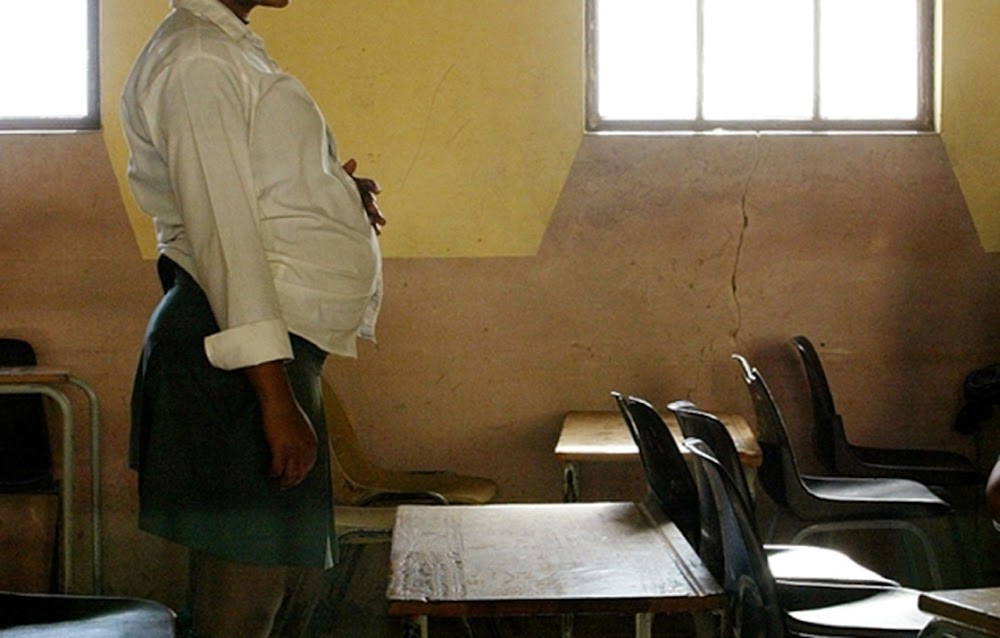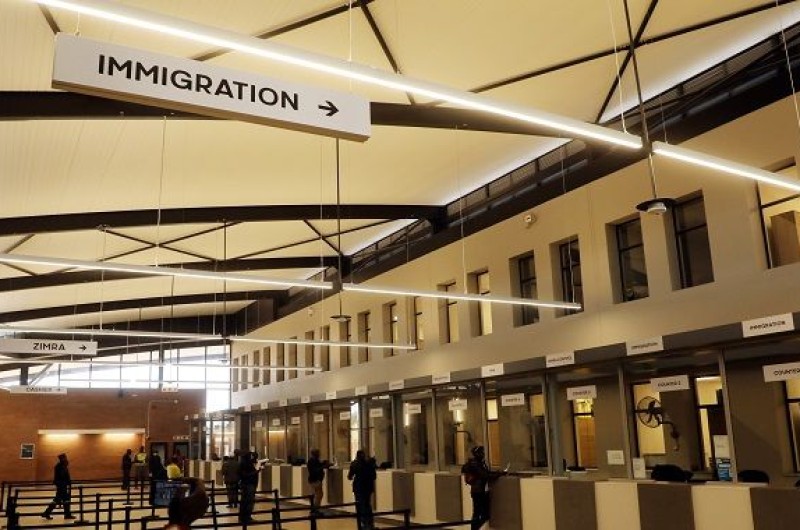HARARE – At least 4,557 girls, a majority based in rural areas, dropped out of Zimbabwean schools in 2023 due to pregnancy, Primary and Secondary Education Minister Torerai Moyo told parliament on Wednesday.
Of these, Moyo said while responding to questions from MPs, 134 were girls still in primary school.
“Therefore, for the year ending December 2023; 4,557 girls dropped out of school due to pregnancy, the majority of these 3,942 being from rural schools.
“There were 134 girls who dropped out of primary school as a result of pregnancy, meaning that the majority of dropouts were recorded in secondary schools,” he said.
Moyo said his ministry has instituted several measures to curb the problem, one of which is the introduction of guidance and counselling in schools.
“Through the Education Act, the ministry has also ensured that the legal provisions are there to enable girls who fall pregnant to continue with their education,” he said.
“According to the Education Amendment Act of 2020, we do not encourage girls to drop out for reasons that they are pregnant, we encourage them to continue according to the Act.
“According to the law, they are allowed to be on maternity leave for a period of 2 weeks. After giving a normal birth, the girl is allowed back to the school and that is according to the Constitution.
“So, we encourage those technical and vocational skills to be equipped to all the students regardless of whether one has dropped out or not.”
Moyo said his ministry continues to encourage all the girls who fall pregnant to complete their studies.
“Quite a number of students have been accepted back and have gone back to school.
“We also have the support of our partners CAMFED where students who have dropped out if they have any challenges in terms of resource mobilisation, CAMFED provides scholarships for girls.
“Last December, we had a launch of US$48.8 million and of that amount from Global Partners in Education, US$80 million has been allocated to CAMFED to provide funding for such girls and that has been impacted,” said Moyo.
The rise in teenage pregnancies has been attributed to lax enforcement of laws, widespread poverty, as well as cultural and religious practices.
















